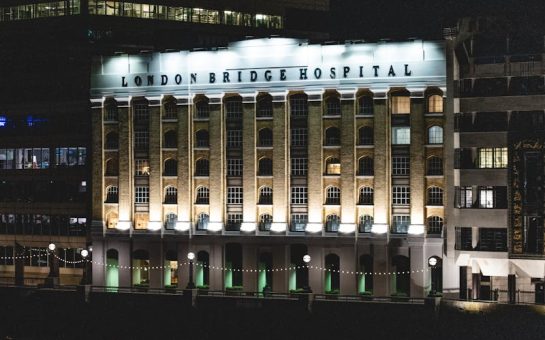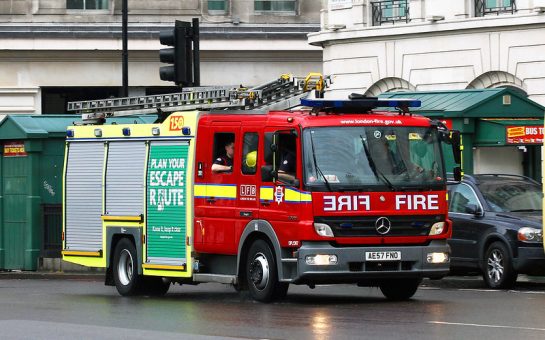Mental health problems are the leading cause of absence among members of the London Fire Brigade for the first time in its history, its commissioner said last week.
Dany Cotton, the commissioner of the London Fire Brigade (LFB), said the service had lost almost 26,000 working days to anxiety, depression, and mental distress, particularly after the Grenfell Tower fire on 14 June 2017 that killed 72 people.
Four extra counsellors have been hired by the LFB, bringing the total to 13 counsellors on staff.
On Thursday 6 December, Ms Cotton told the London Assembly: “There have been small increases in the number of days we’ve lost due to sickness absence in the last three years, with the leading cause now for the first time being stress, anxiety and depression.”
A survey of over 1,600 emergency services staff and volunteers carried about by the mental health charity Mind’s Blue Light programme, which specialises in the mental health of emergency services staff, has shown that nearly 9 in 10 have experienced stress, low mood or poor mental health while performing their role.
Mind’s survey also showed that one in four emergency services staff said that they had contemplated taking their own lives.
Ms Cotton said: “In some ways I’m glad that people are feeling able to talk about the fact that they are having issues and actually recording it as due to depression or stress or anxiety, something that wouldn’t have necessarily happened in the past.”
Last Monday Sam Stein QC, lawyer for the victims of the Grenfell Tower fire, told the public inquiry that Ms Cotton and her team were unfit to run the LFB and that residents and firefighters were let down by its actions on the night of the fire.
Joe Delaney, a campaigner and activist who was displaced after the fire, said: “Trauma can surface a long time after the incident that caused it, the true extent of the damage Grenfell Tower has caused will probably not been known for many years.
“Like everyone present at that terrible event, firefighters suffered too; we’re all human, we all need to heal, and we all deserve proper care and support to do so.
“However, Dany Cotton has a lot to answer for to front line LFB staff and victims of Grenfell; at the public inquiry she said she ‘wouldn’t change a thing’ about the LFB response to the Grenfell fire as it was an ‘unprecedented’ event.
“Rather than be honest and admit the failings of government and LFB management – her included – she instead insulted victims and betrayed the staff she claims to care so much about.”
Mr Delaney said that the LFB commissioner should have been more vocal about the cuts to the fire service and ensured that training had been provided for frontline staff for a fire on the scale of Grenfell Tower, which had been warned about since at least 2016.
A London Fire Brigade spokesperson said: “London Fire Brigade has and will continue to fully support the Grenfell Tower Inquiry and the ongoing police investigation to ensure everyone understands what happened. Our thoughts, especially from the hundreds of staff who were part of the response to the Grenfell Tower fire, remain with those who died and their families, as well as all those who lost their homes.”
Mahbu Rahman, Blue Light programme manager at Mind, said: “Incidents such as the catastrophic Grenfell Tower disaster bring into focus the hugely challenging and dangerous jobs our 999 staff and volunteers carry out, day in, day out, to keep the public safe.
“Although those working within fire and rescue services are trained to attend these kinds of events, the effects can, in some cases, be severe and long-lasting.
“It’s really important that line managers feel comfortable in spotting the signs that a colleague might be struggling with their mental health. Mind are urging employers to create environments where people can talk openly about issues like stress, anxiety and depression.
“Emergency service staff need to be given the space to reflect and debrief, especially after witnessing and attending to traumatic events.”




